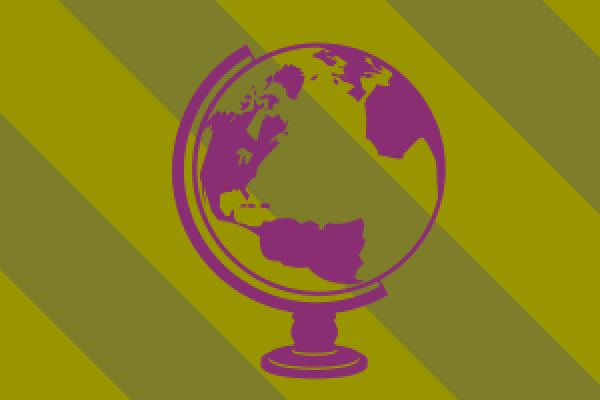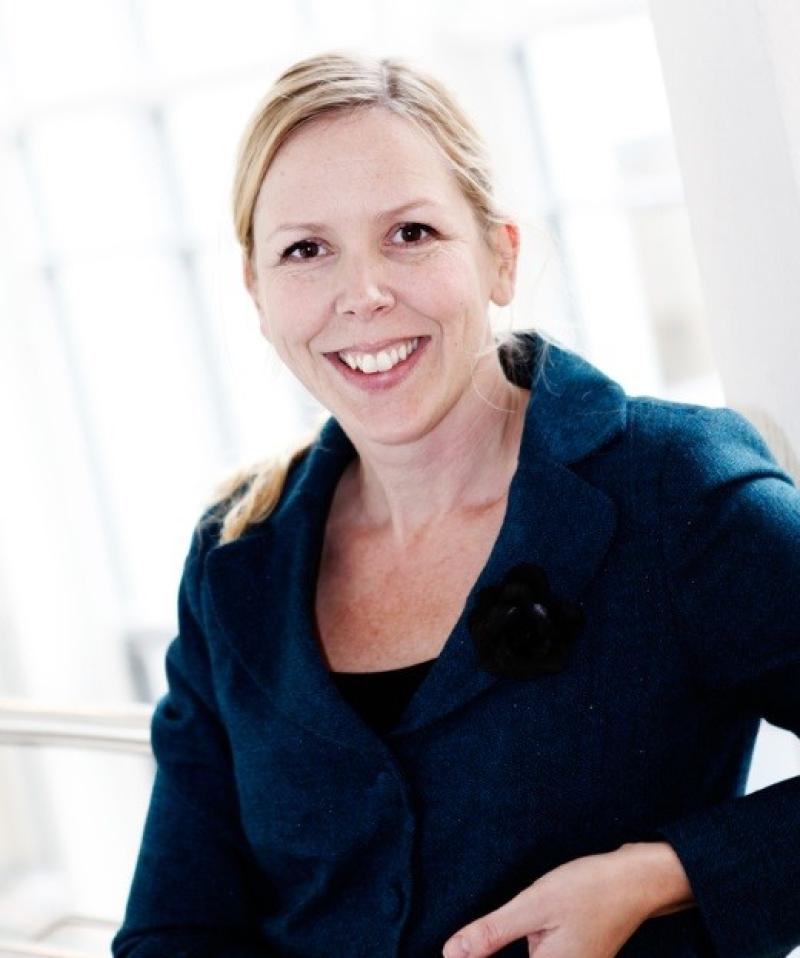
Event Host: Mershon Center for International Security Studies
Short Description: Ann Towns, associate professor in political science at the University of Gothenburg, Sweden, researches gender norms in international politics and diplomacy. She will visit the Mershon Center for International Security studies on March 20.

Towns will give a talk, “Diplomacy is a Feminine Art: Gender and International Hierarchies in Diplomacy," from 3:30 to 5 p.m. on March 20 at the Mershon Center for International Security Studies.
Towns is the author of "Women and States: Norms and Hierarchies in International Society" (2010, Cambridge University Press) and co-editor of "Gendering Diplomacy and International Negotiation," with Karin Aggestam (2017, Palgrave). Her research has also appeared in International Organization, European Journal of International Relations, Foreign Policy Analysis, Millennium, Party Politics, NORA, Cooperation & Conflict and Women & Politics, etc. Towns is associate editor of International Studies Quarterly and a member of the editorial boards of Cambridge Studies in Gender and Politics, Politics and Internasjonal Politikk.
Until recently, Foreign Service was one of the most male-dominated spheres of the state and one into which women had difficulties entering (e.g. Enloe 1990; Neumann 2008). Legal bans on women in diplomacy were lifted between the 1920s and 1950s, and rules barring women diplomats from marrying remained in place until the 1970s. In the past two decades, a large number of women have entered the Foreign Service of many states, being posted around the world.
This rather dramatic change in the sexual make-up of many diplomatic corps provides a perfect opportunity to interrogate the gender norms and gender patterns of diplomacy. Is diplomacy a masculinized institution, and if so, in what ways? What, if anything, has happened to the gender norms of diplomacy since larger numbers of women entered the profession? In what ways does gender intersect with the international hierarchies that pervade diplomatic relations? And what does this tell us more broadly about the ways in which international politics and international hierarchies are gendered?
For more information and to register for this event, click here.
.dailypost {background-color:#000; padding:30px;color:#fff;font-family:"capita";font-size: 1.25em;font-weight: 400;} .clicktotweet {float: right; text-align:right;}
Ann Towns of @uniofgothenburg comes to the @mershoncenter to talk gender, power and diplomacy. #ASCDaily
